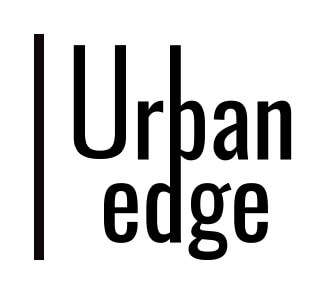In the digital age, scandals and controversies can spread like wildfire across social media platforms, leaving a lasting impact on individuals and communities involved. The recent Hott4Lexi leaked scandal has taken the internet by storm, garnering immense attention and sparking intense discussions. As an expert in online privacy and digital ethics, it is crucial to delve deeper into this incident, analyze its implications, and discuss the broader themes it raises about privacy, consent, and internet culture.
The Genesis of the Scandal
The Hott4Lexi leaked scandal originated from a series of private and intimate photos and videos of popular influencer Lexi being leaked online without her consent. These unauthorized materials were widely circulated across various platforms, leading to a major breach of privacy and personal boundaries for Lexi.
Privacy in the Digital Age
The Hott4Lexi scandal underscores the critical importance of privacy in the digital age. With the proliferation of social media and online platforms, individuals must be vigilant about protecting their personal information and digital assets. The unauthorized dissemination of private content, as in Lexi’s case, highlights the urgent need for robust privacy practices and legal safeguards to prevent such incidents from occurring.
Consent and Online Exploitation
Central to the Hott4Lexi scandal is the issue of consent in the digital realm. The unauthorized sharing of intimate content not only violates an individual’s privacy but also constitutes a form of online exploitation and harassment. It is essential for internet users to respect boundaries, seek explicit consent before sharing any content, and refrain from engaging in activities that could harm or embarrass others.
Cyberbullying and Harassment
The aftermath of the Hott4Lexi scandal also sheds light on the pervasive issue of cyberbullying and online harassment. The mass dissemination of private materials can have devastating consequences for the mental health and well-being of the individuals involved. It is crucial for online communities to foster a culture of respect and empathy, condemning any form of bullying or harassment that may arise from such incidents.
Legal Implications and Consequences
From a legal standpoint, the Hott4Lexi scandal raises important questions about digital rights and cyber laws. Individuals who engage in the unauthorized sharing of private content may face legal repercussions, including charges of invasion of privacy, copyright infringement, and defamation. It is essential for lawmakers to enact stricter regulations to deter such misconduct and protect individuals from online exploitation.
Empowering Digital Literacy
Ultimately, the Hott4Lexi scandal underscores the need to empower individuals with digital literacy and online safety skills. By educating users about the importance of privacy settings, consent, and ethical online behavior, we can create a more secure and respectful digital environment for all.
Frequently Asked Questions (FAQs)
1. What are the potential legal consequences of leaking private content online?
Leaking private content online without consent can lead to legal actions such as invasion of privacy, copyright infringement, and defamation charges.
2. How can individuals protect their privacy online?
Individuals can protect their privacy online by setting strong privacy settings, refraining from sharing sensitive information, and being cautious about the content they engage with.
3. What role does consent play in online interactions?
Consent is crucial in online interactions as it ensures that individuals have the right to control how their personal information and content are shared and used.
4. How can we combat cyberbullying and online harassment?
Combatting cyberbullying and online harassment requires creating a culture of respect, promoting empathy, and reporting any abusive behavior to the relevant platforms or authorities.
5. What can be done to prevent similar scandals from happening in the future?
Preventing similar scandals involves raising awareness about online privacy, educating individuals about digital ethics, and holding perpetrators accountable for their actions.


